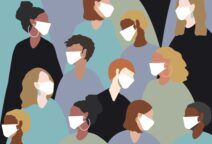Racism as a Public Health Crisis
Communities across the United States are recognizing the role of racism in creating differences in outcomes for people of color and are committing to changing the laws, policies, and practices that create and reinforce racist power structures by declaring racism a public health crisis. Treating racism as a public health crisis means recognizing that it affects entire groups of people, not just individuals, and that proposed solutions must be focused on policy and systems change rather than individual behaviors.
While health equity is woven into all our work, the resources included here specifically address law and policy issues that directly impact health equity.
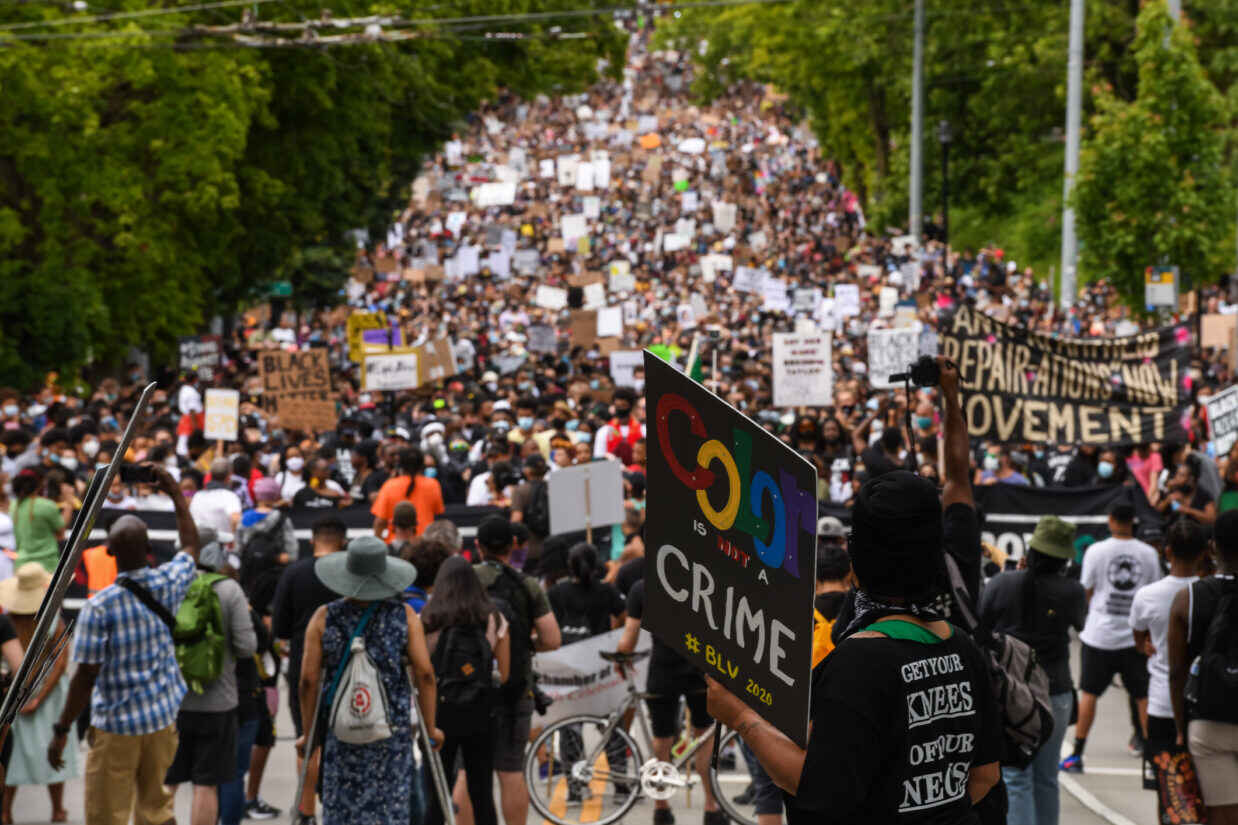
Resources

Critical Public Health Law and Policy Issues in 2021: The Year in Review

Guidance: Declarations of Racism as a Public Health Crisis

State and Local Efforts to Declare Racism a Public Health Crisis – Southeastern Region Update
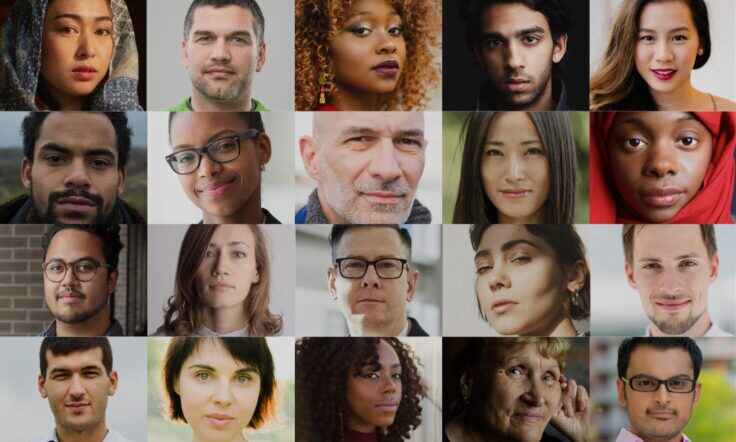
An Assessment of the Executive Order on Combating Race and Sex Stereotyping
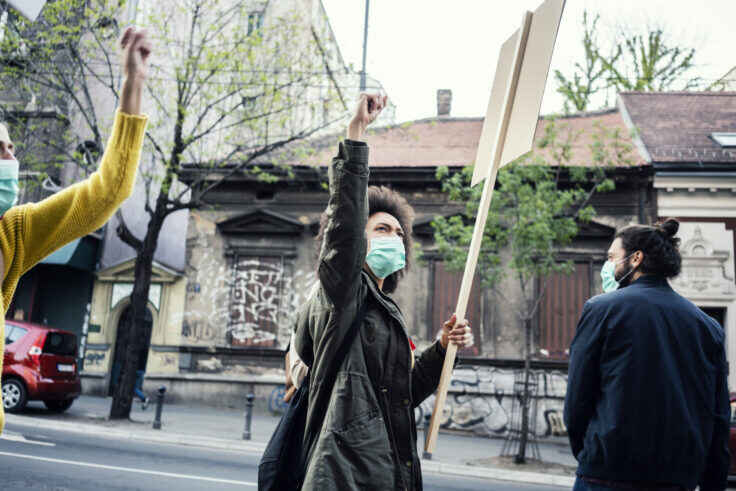
Declarations of Racism as a Public Health Crisis: Utilizing Declarations to Address Health Inequities
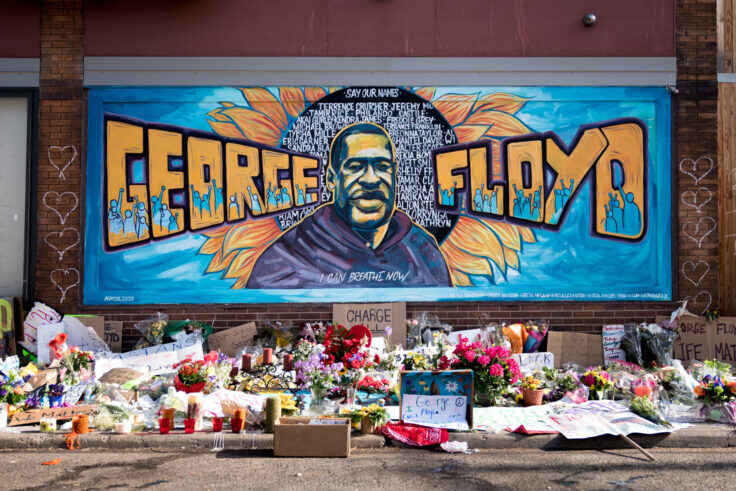
Systemic Racism and Policing: How Can Public Health Advocates Grapple with the Dual Challenges of Systemic Racism and Discriminatory Policing?

State and Local Efforts to Declare Racism a Public Health Crisis
Spotlight
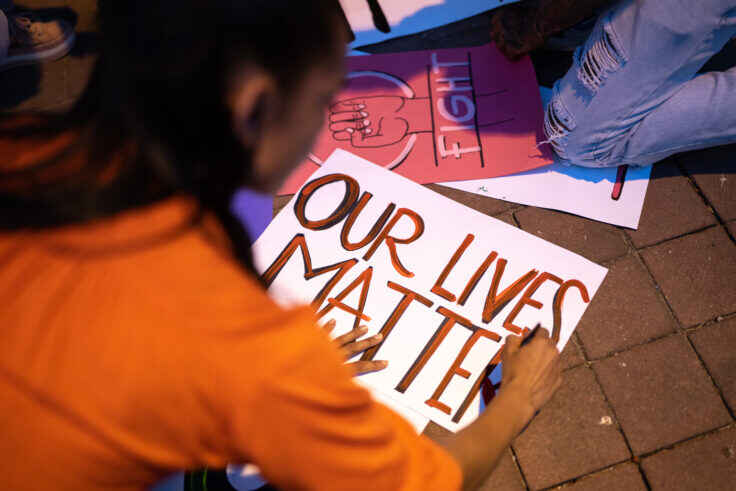
State Public Health Associations Are Key Players in Advancing Anti-Racism Initiatives

Restricting Education on Race and Racism: Legislative Concerns and Bright Spots

Healing Across Generations: Addressing the Impact of Intergenerational Trauma Through Policy Interventions
Learn More
A Closer Look at Health Equity and Racism
Health equity refers to the conditions in which everyone has the chance to have their best possible health. A number of social and structural factors determine who has access to the resources necessary for good health. These factors include the physical environment where people live and work; economic opportunity; quality education; safe and healthy housing; and social conditions like discrimination. Laws and policies can create barriers to good health by creating unequal access and opportunity, leading to inequitable health outcomes for people across populations with a different race or ethnicity, gender, sexual orientation, disability, or socioeconomic status.
Racism creates barriers to health and well-being by creating differences in power and access to resources for minoritized or marginalized racial or ethnic groups. Communities across the United States are recognizing the role of racism in creating differences in outcomes for people of color and are committing to changing the laws, policies, and practices that create and reinforce racist power structures by declaring racism a public health crisis. Treating racism as a public health crisis means recognizing that it affects entire groups of people, not just individuals, and that proposed solutions must be focused on policy and systems change rather than individual behaviors.
Explore Topics
Related Health Equity Resources
How we can help
Legal Research and Assistance
Experienced legal experts are available to answer questions and provide research, analysis and guidance. Tell us what you’re working on. We’re ready to help.



